On November 19, on the second day of the G20 Summit in Rio de Janeiro, Brazil, the participating leaders issued a Joint Statement.
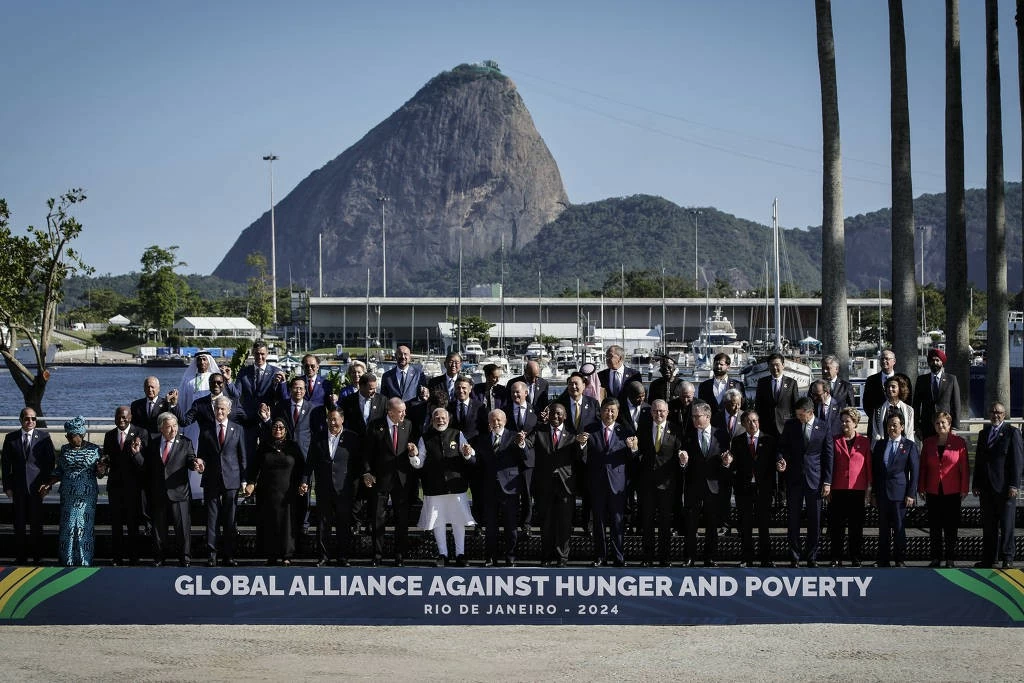 |
| Leaders attending the G20 Summit in Rio de Janeiro pose for a group photo on November 18. (Source: Folha Press) |
The G20 Summit met in Rio de Janeiro from November 18-19 to address major global challenges and crises and promote strong, sustainable, balanced and inclusive growth.
The 22-page joint statement of the leaders attending the conference reaffirmed their commitment to building a fair world and a sustainable planet, prioritizing the fight against inequality in all its aspects, leaving no one behind.
The document sets out concrete results-oriented actions, based on the priorities of Brazil's 2024 G20 Presidency, including social inclusion and the fight against poverty; sustainable development, energy transition and climate action; and reform of global governance institutions.
According to Sputnik news agency, the leaders called on all countries to refrain from using force or threatening to use force to violate the territorial integrity, sovereignty or political independence of any state.
In addition, supporting the elimination of nuclear weapons, the statement stressed: "We recommit to promoting the goal of a world without nuclear weapons and a safer place for all and will fulfill our obligations on this issue."
The G20 document also highlighted the pain caused by the conflicts in Gaza and Ukraine . Regarding the Russia-Ukraine conflict, the leaders welcomed all constructive initiatives aimed at achieving peace in Ukraine, while noting the impact on global food and energy security.
"We welcome all relevant and constructive initiatives aimed at supporting a comprehensive, just and lasting peace, while upholding the purposes and principles of the Charter of the United Nations to promote peaceful, friendly and good-neighborly relations among nations," the statement said.
Regarding the situation in the Middle East, the G20 expressed concern about the humanitarian situation in the Gaza Strip and the escalation in Lebanon, stressing the need to expand humanitarian aid and calling for a comprehensive ceasefire in both conflict zones.
Regarding the "hotspot" of climate change, in the Joint Statement, leaders agreed that the world needs to reach an agreement on the amount of money that rich countries must provide to poorer developing countries by the end of the 29th Conference of the Parties to the United Nations Framework Convention on Climate Change (COP29) in Azerbaijan (November 11-22).
While it fell short of making a clear commitment to funding developing countries to increase their ability to cope with the impacts of climate change, the Joint Statement noted that the necessary funding would come from “all sources.” However, the document did not specify how the money would be allocated.
COP29 officials have called on G20 leaders to send a strong signal to help break this climate finance impasse.
One of the standout outcomes of the Summit was a commitment to work together to ensure that the super-rich, especially billionaires, are taxed more fairly.
In the Joint Statement, G20 leaders affirmed to build effective mechanisms to combat “tax avoidance” and promote tax collection for high-net-worth individuals. This is an important move, reflecting the global trend to reduce inequality and redistribute resources.
As host of this year's G20 meetings, Brazil has broadened the summit's focus on inequality and extreme poverty, and has raised the debate about working together to fairly tax the world's richest.
Brazil has also launched the Global Alliance Against Poverty, with the support of more than 80 countries, along with multilateral banks and major charities.
This year's G20 summit takes place against a backdrop of geopolitical tensions. The divide between Western countries and other nations is already changing the world order.
Meanwhile, the United States under the incoming leadership of President-elect Donald Trump is moving toward an "America First" policy, with protectionist trade measures that could pose challenges to the global trading system, affect the future of multilateral organizations, and undermine common commitments.
In the joint statement at the end of the summit, G20 leaders reaffirmed their commitment to sustainable development goals, while stressing that current challenges, from climate change to conflict and global inequality, can only be addressed through multilateral cooperation.
Source: https://baoquocte.vn/tuyen-bo-chung-hoi-nghi-thuong-dinh-g20-neu-bat-noi-dau-do-xung-dot-no-luc-vi-the-gioi-khong-co-vu-khi-nhat-nhan-noi-gi-ve-tinh-hinh-ukraine-294263.html



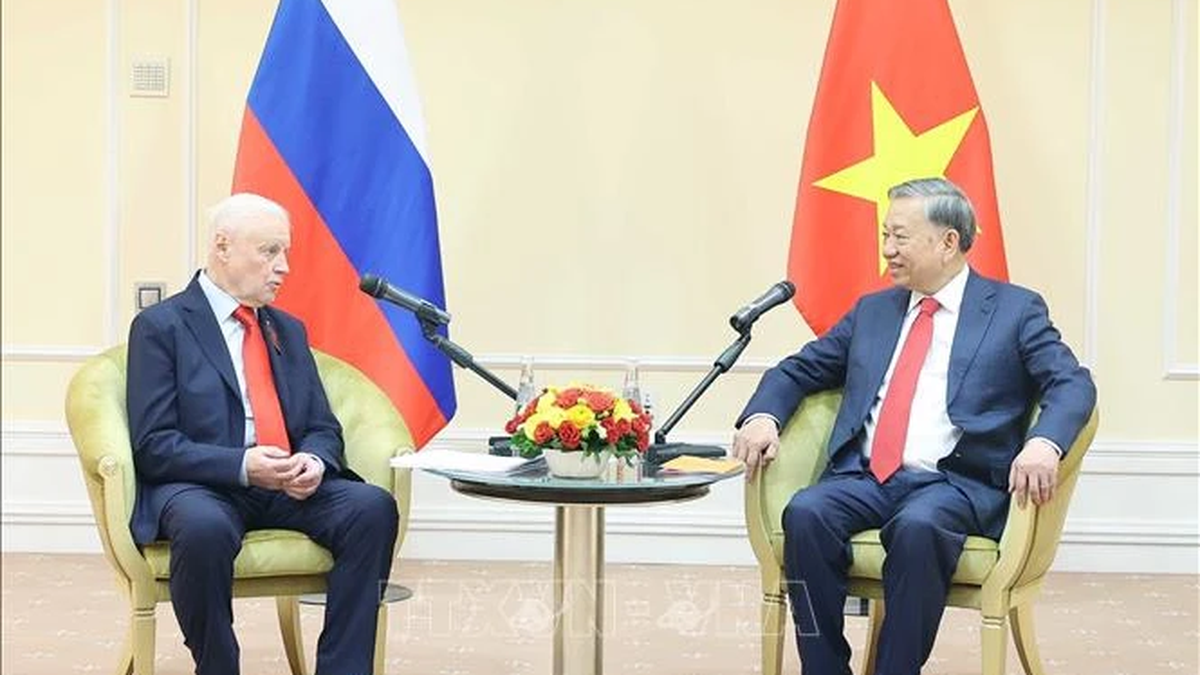

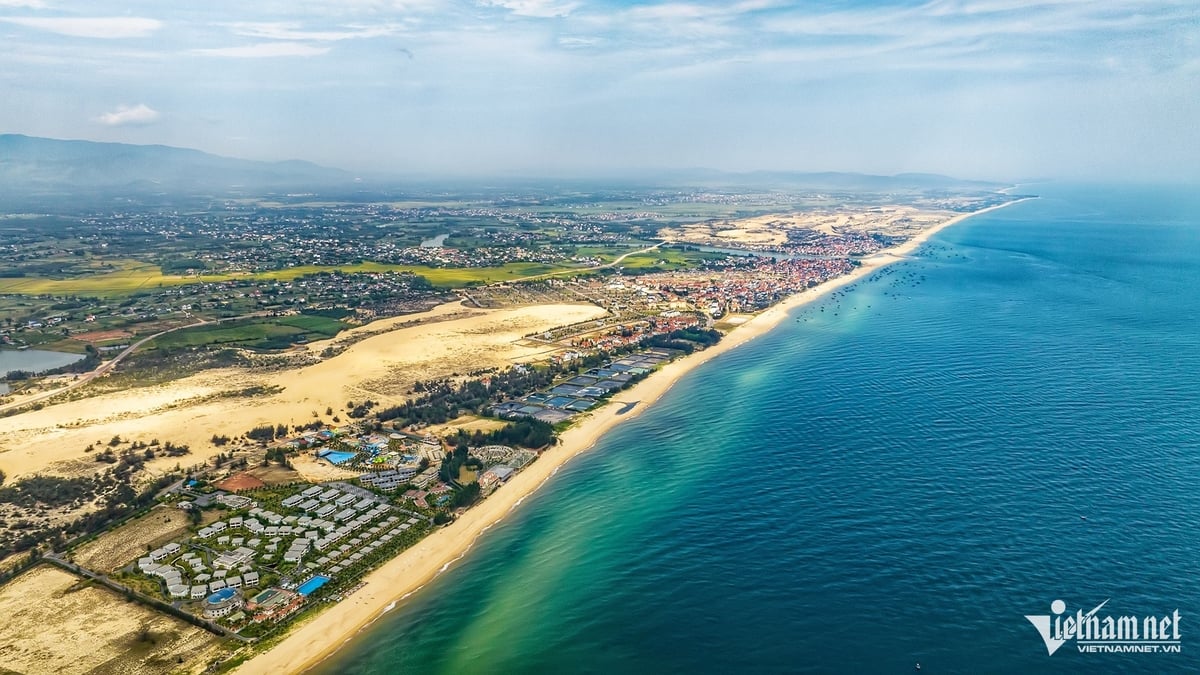
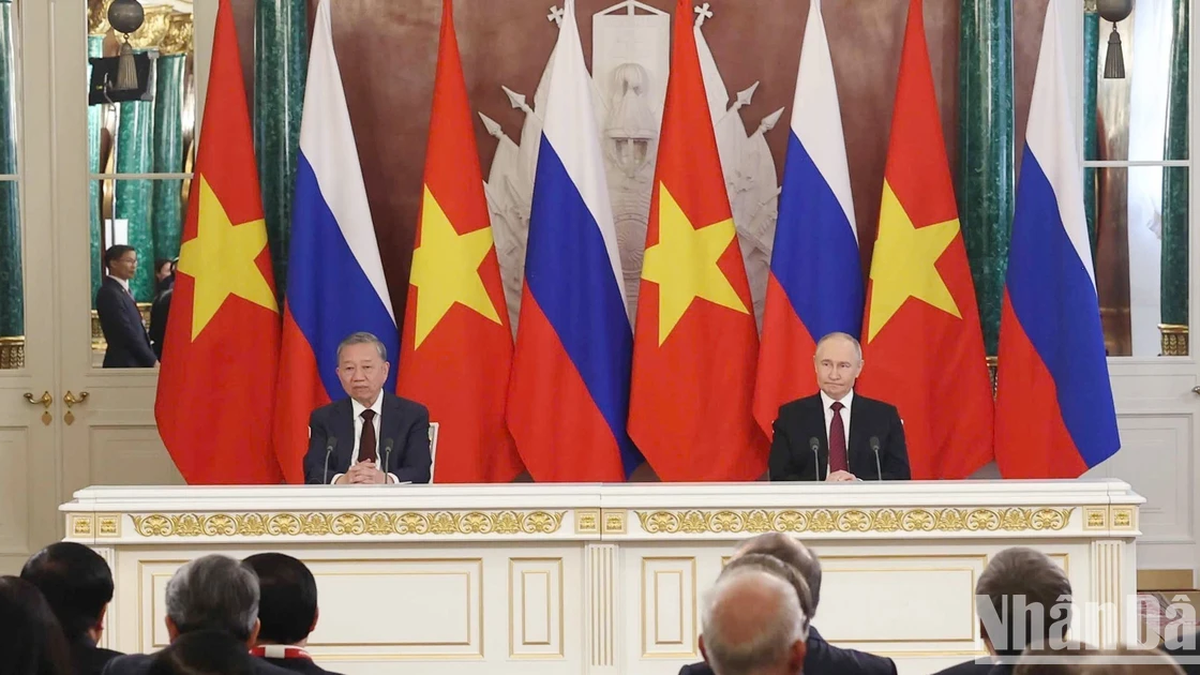
![[Photo] Prime Minister Pham Minh Chinh chairs Government Standing Committee meeting on Gia Binh airport project](https://vphoto.vietnam.vn/thumb/1200x675/vietnam/resource/IMAGE/2025/5/10/6d3bef55258d417b9bca53fbefd4aeee)
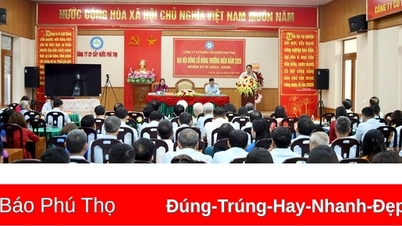













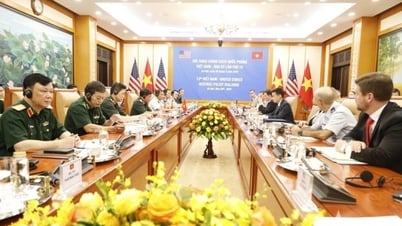









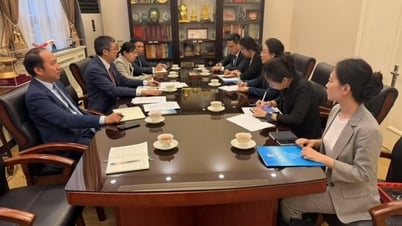
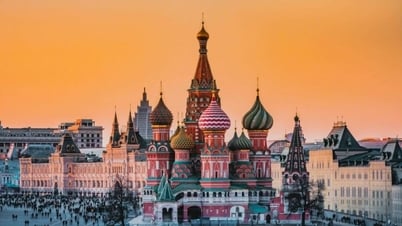
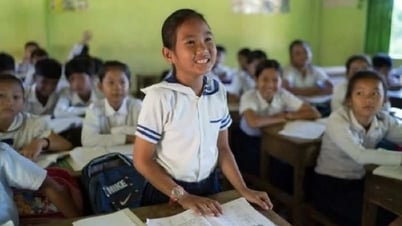
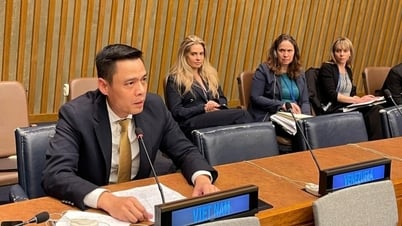
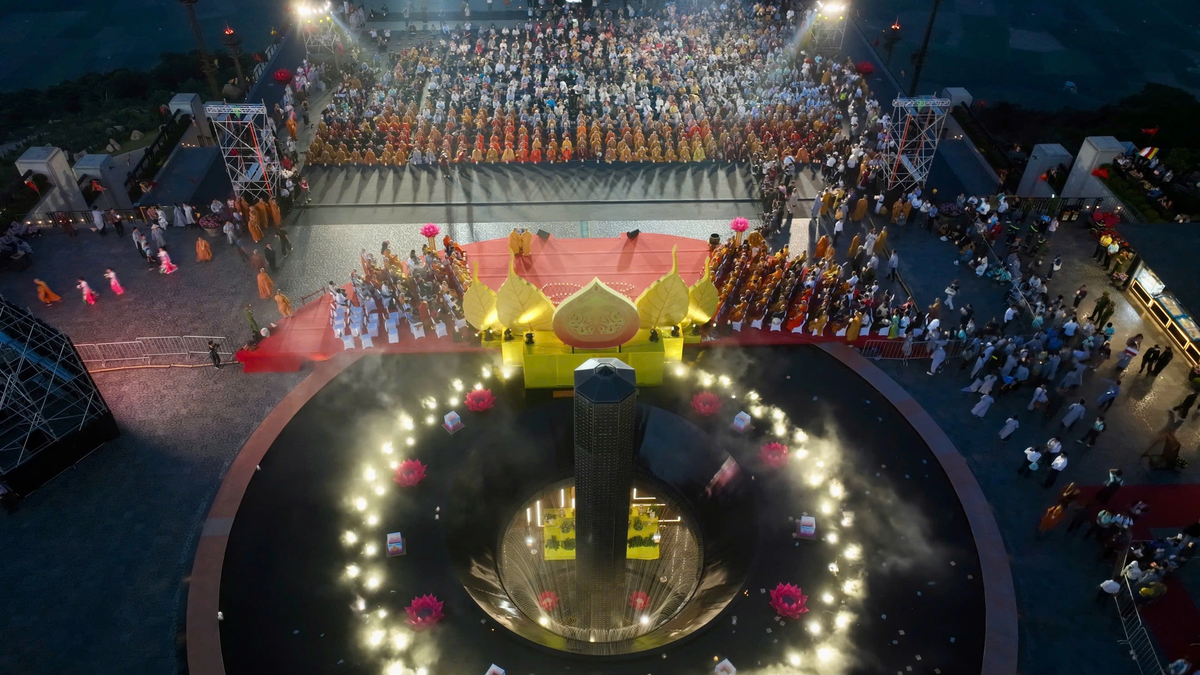

































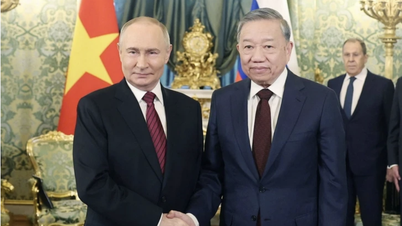
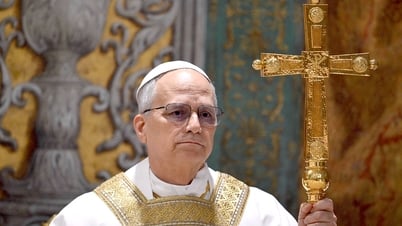
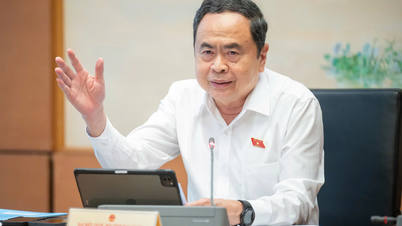
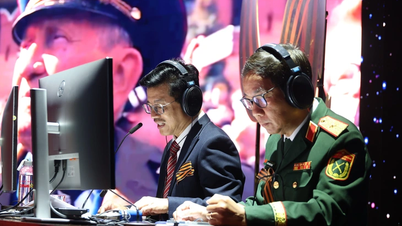











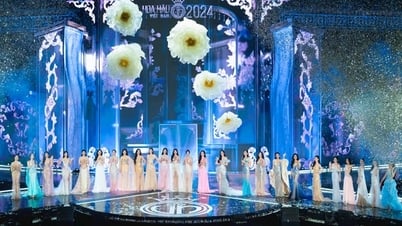


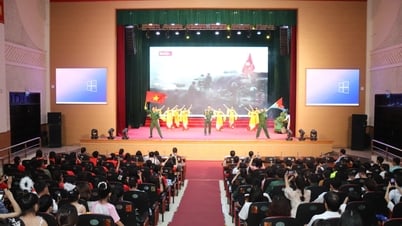
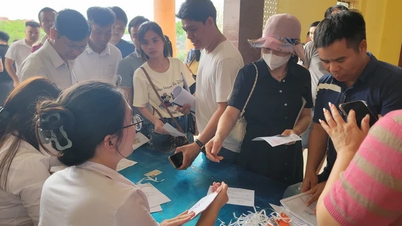











Comment (0)